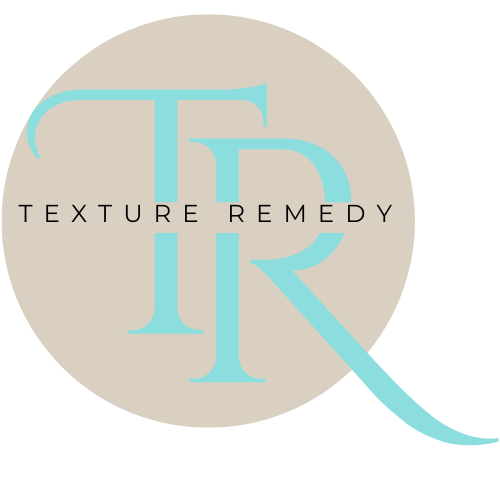Unraveling the Hair Loss Mystery: How Your Medications Might Be the Culprit
Drug Loss of Hair: What's the Connection?
Hair loss is a hair-raising experience in itself, let alone when it catches you off guard. One probable offender that easily escapes attention? Medications! That tiny pill you take daily to keep your body in balance may also quietly influence your hair. Let us discuss the fascinating link between hair loss and medications and how you can avoid and even reverse the effect.
Knowing the Hair Growth Cycle
One needs to learn about the entire cycle of hair growth before learning about the effect of drugs on hair. Hair exists in three general stages of development:
Anagen (Growth Phase): Growth phase of active growth for two to seven years.
Catagen (Transition Phase): Transitional stage from growth to rest and only for two weeks.
Telogen (Resting Phase): This is a phase of about three months when hair growth stops and eventually is lost, paving the way for new hair growth.
If the process is interrupted at any stage in the cycle, baldness becomes apparent.
How Hair Growth is Affected by Medications
There are certain medicines that interfere with the normal hair growth cycle and lead to hair loss in two significant ways:
1. Telogen Effluvium
This is the most common form of drug-induced alopecia, which advances hair into the telogen phase prematurely, resulting in excessive shedding. Below are the usual culprits:
Antidepressants: Medications like Prozac (fluoxetine) and Zoloft (sertraline).
Blood Pressure Medications: Beta-blockers and ACE inhibitors.
Retinoids: Vitamin A derivatives used in acne treatments.
Blood Thinners: Medications like heparin and warfarin.
2. Anagen Effluvium
This is the more severe type of hair loss, and this occurs during the anagen phase. It is most commonly associated with chemotherapy and other cancer treatments, which result in sudden loss of hair from the entire body. The causes are usually:
Chemotherapy Drugs: These target actively dividing cells like hair follicle cells.
Immunosuppressants: Drugs like methotrexate, which are used to treat autoimmune disease.
Handling Medication-Induced Hair Loss
If you believe that your hair loss is due to your drug, do not worry! Here's what you do:
1. Speak to Your Doctor
Visit your doctor first before you do anything. Your doctor can verify if your drug is indeed the cause and recommend alternatives or modifications.
2. Experiment with Other Drugs
There are also other drugs or doses that will take care of your condition without even touching your hair. Your physician can talk to you about them.
3. Nutritional Support
An overall diet rich in essential minerals and vitamins such as biotin, zinc, and iron will keep your hair healthy and stimulate growth.
4. Hair Treatment
Topical creams such as minoxidil (Rogaine) will stimulate hair growth and reduce shedding. Oral supplements will also work from the inside out.
5. Reducing Stress
Stress can accelerate hair loss. Include stress-reducing activities such as yoga, meditation, or even a relaxing walk to maintain your hair health.
When to Get Professional Help
Unusual or excessive baldness must be consulted with a physician. Baldness may be a sign of underlying conditions in some cases, and hence early seeking of help is required.
Embrace the Journey
It is hard to withstand hair loss, but knowing that your medication could affect your hair provides you the right to exercise your own self-care. Under close working collaborations with medical staff, exploring alternative treatments, and taking care of your overall wellness, you may navigate this assuredly and confidently.
Don't panic, you're not alone. Coping with temporary shedding or over-the-top hair loss, there's hope and solutions for you. Let's have healthier hair and a healthier you!
